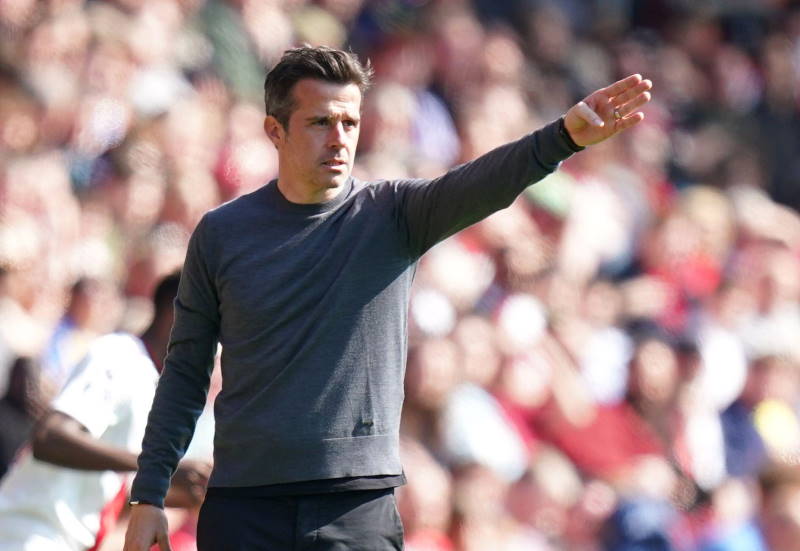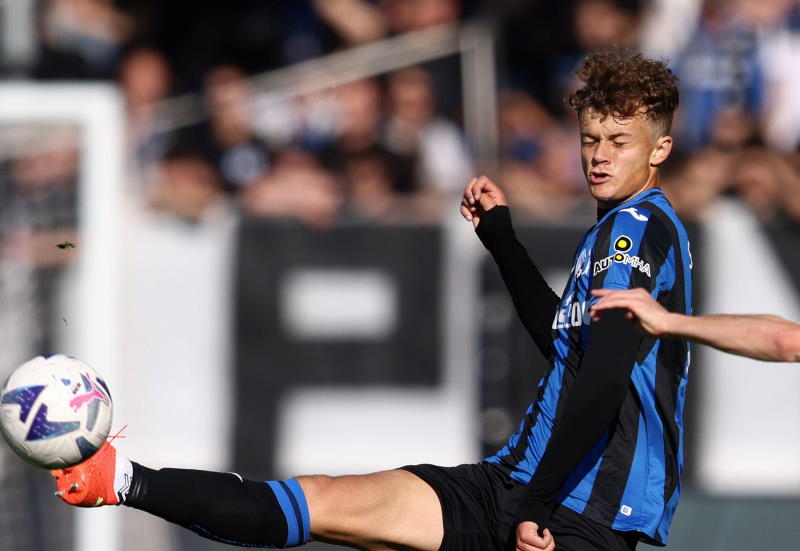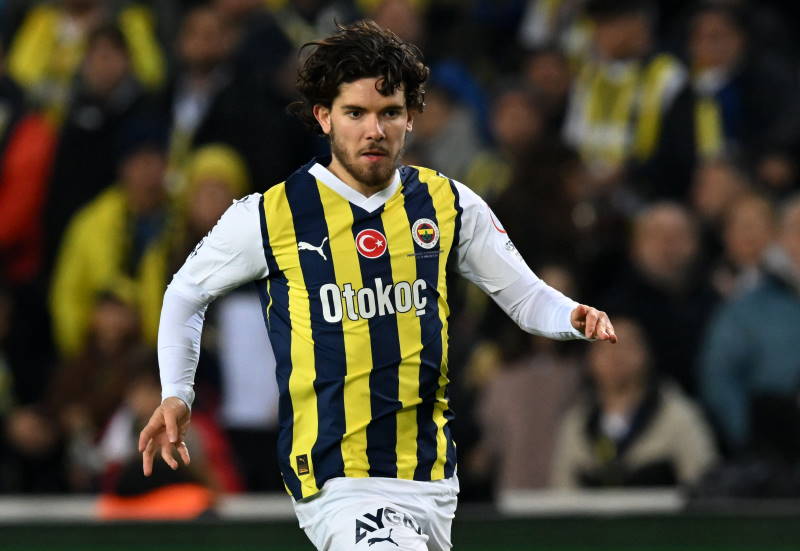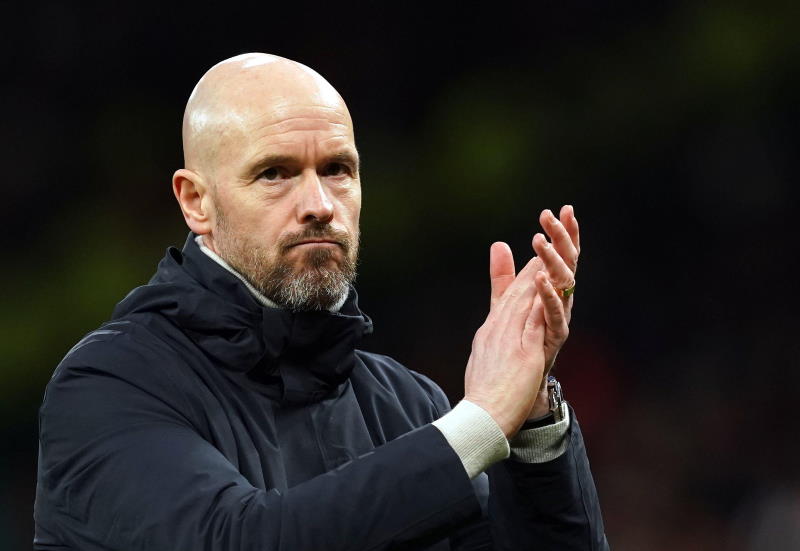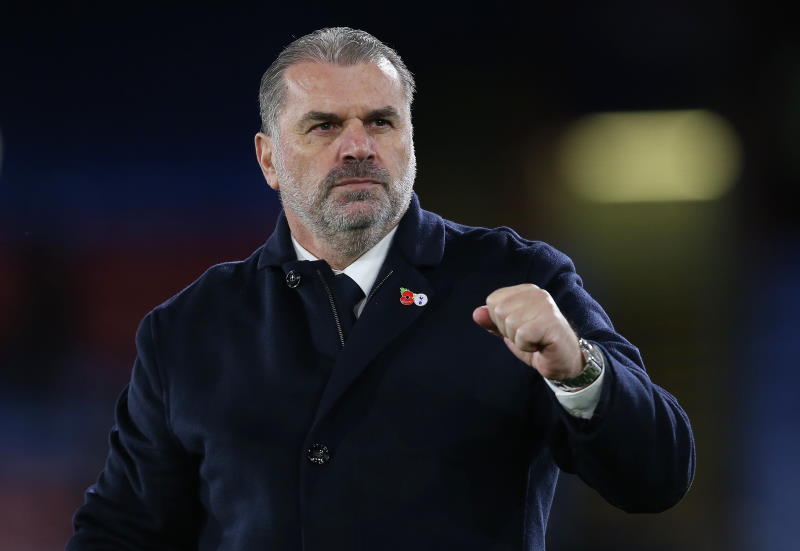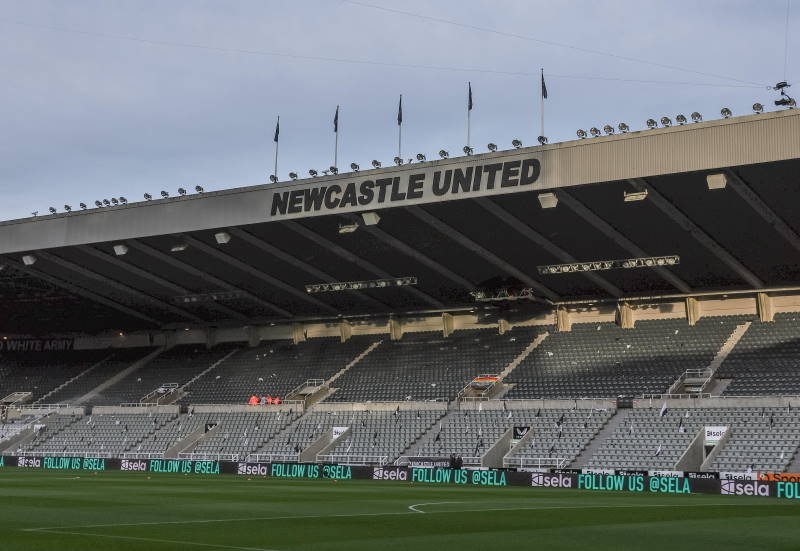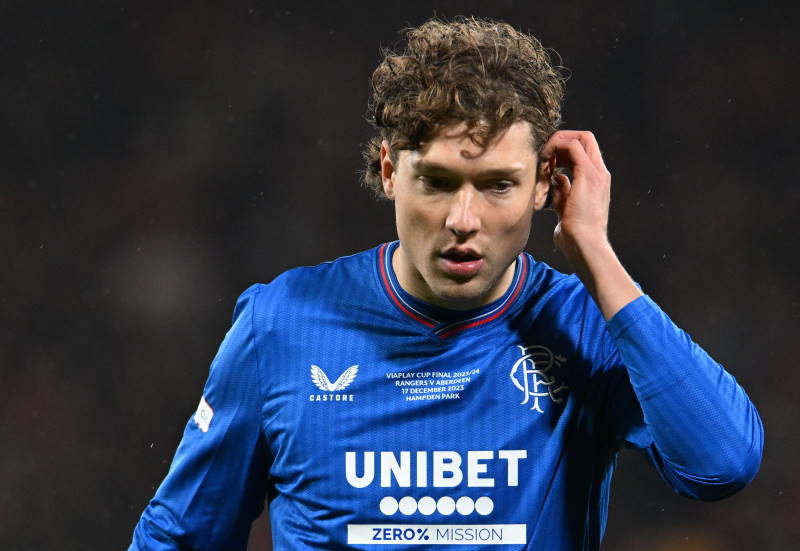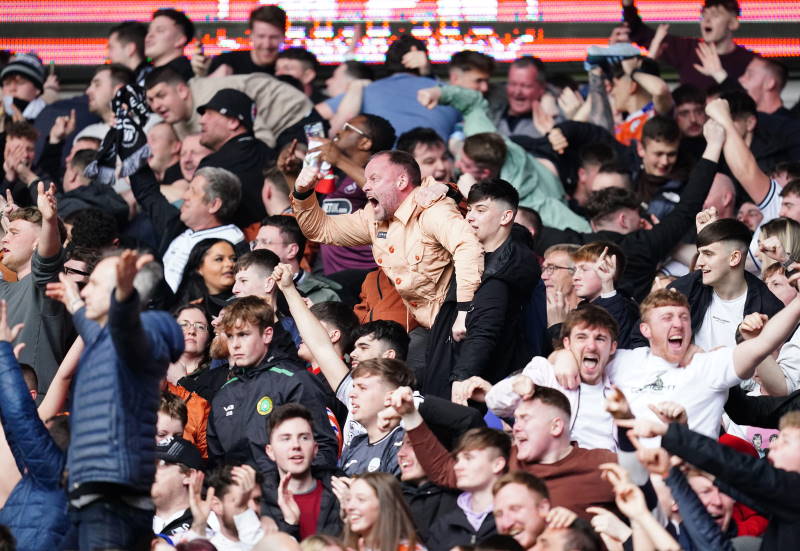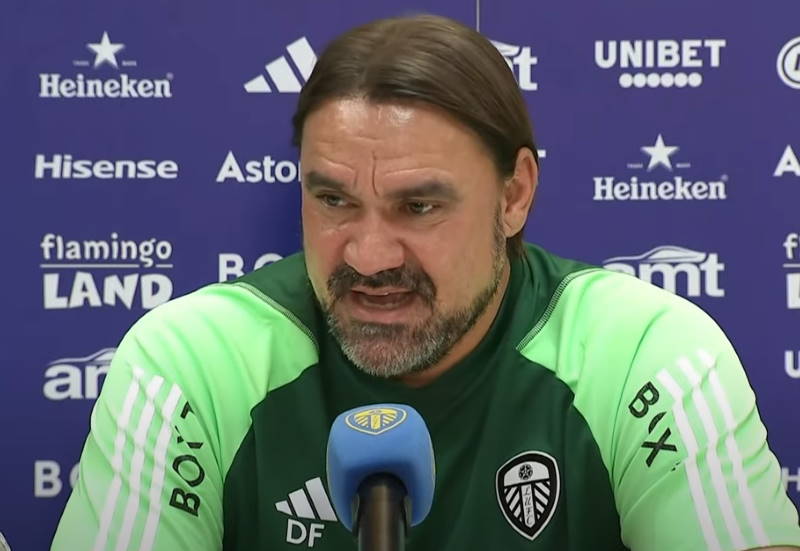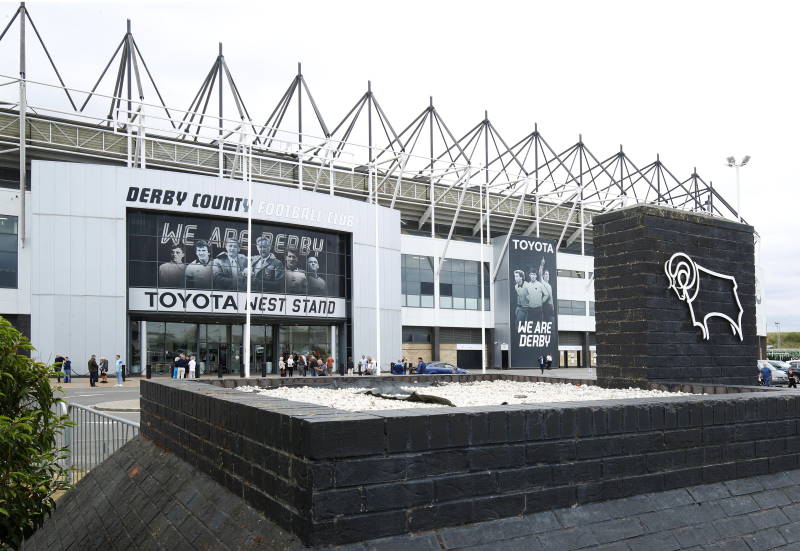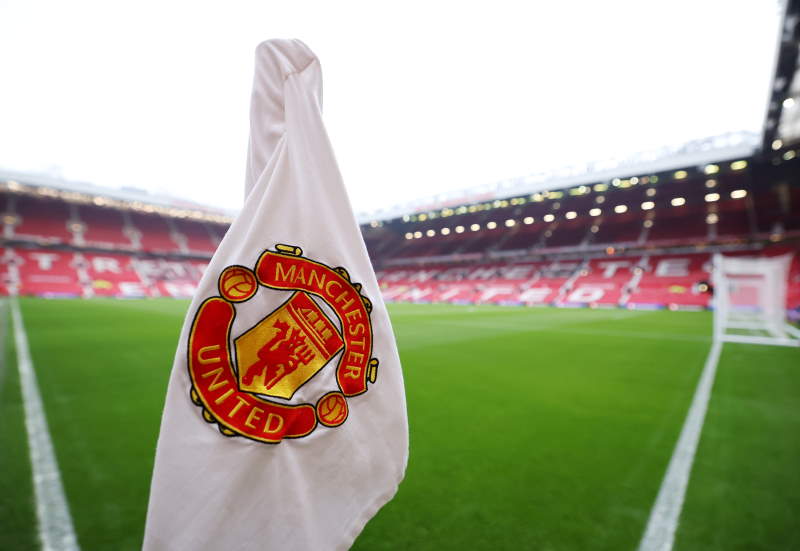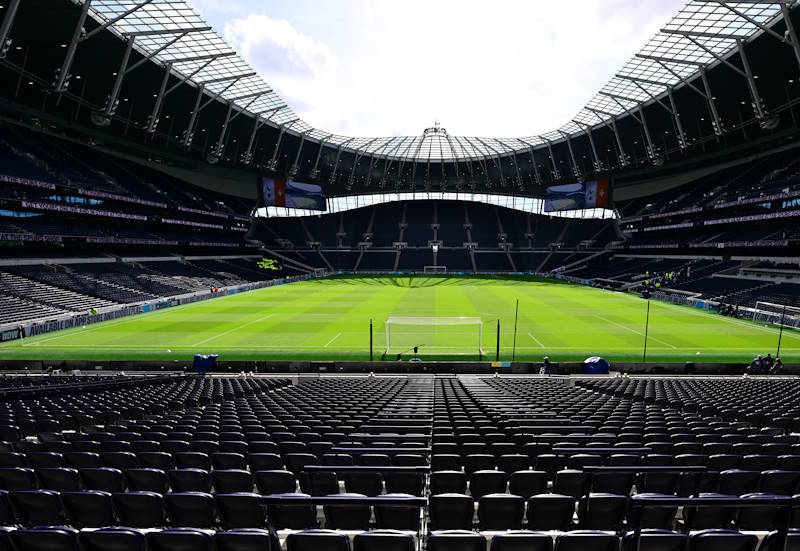
Fabio Capello’s departure as England manager has left many questions about the country’s national team, but not least it has thrown into the spotlight the issue of how much the Italian was paid. With a salary of €7.4M a year, Capello was by far the highest paid national team manager in world football.
Indeed, at the last World Cup in South Africa, the former AC Milan coach’s wages meant he was earning double that of the next highest salaried coach, Marcello Lippi. And Lippi was manager of the team he had led to World Cup glory four years’ earlier.
Why do England pay so much for their national coach compared to other nations? It may be a case of a superior bank balance. The selling of TV rights, as with clubs, is a key part of the English Football Association’s revenues, and England take more than most of their rivals, giving them the chance to spend more on their coach of choice. England raked in €44M in profits last year, and put approximately that figure into grassroots football alone every twelve months. In comparison, the fortunes of the team that the FA are responsible for can be justified as being worth €7M a year, particularly given that the winners of the World Cup receive €22M, and the runners-up €18M.
That coach of choice can often be an expensive one, particularly when shopping for the best. Capello can certainly be classed in that bracket, whilst Sven-Goran Eriksson, when the Swede was appointed England boss in 2001, was one of the highest rated managers in Europe. Venturing out into the international market in search of the very, very best, will always come at a premium. Brazil were able to employ Dunga, and Argentina Diego Maradona, for little more than a million dollars each, the pair being former players with little managerial experience.
Yet the evidence seems to be that the quality of a manager means less at international level, ironically. Where the coach works with the players less, and success is marked by achievements in knockout competition – differently than a league, consistency is not rewarded. Denmark and Greece were able to win the European Championship (1992 and 2004) on the back of one good summer, while years of good work for another, more talented group of players, may yield no results. So it seems counter intuitive for an international team to pay so much for one of the world’s top coaches.
The English FA may have to take a more conservative approach to negotiating the salary of the next coach anyway, with the backdrop of negotiations with UEFA about future income from European Championship qualifiers. UEFA want to organise the sale of these rights centrally, rather than leaving them to associations. In keeping with president Michel Platini’s philosophy of spreading the wealth and empowering Europe’s smaller nations, this would have the effect of increasing the total television revenue European countries make from qualifiers. But it would also reduce the amount the continent’s major powers make, whilst increasing those of smaller countries.
Maybe it is those small countries that England should look to for advice though. After all, Oscar Washington Tabarez won Uruguay the 2011 Copa America and took the country to the semi-finals of the 2010 World Cup for just €223,000 per year. Then there is Bob Bradley, now Egypt manager, who led the United States to the top of England’s World Cup group in South Africa with a salary almost 25 times less than Capello’s.
Veteran German coach Otto Rehhagel, even six years after winning the European Championships with Greece, was on just over a million, and the four managers in the semi-finals of the last World Cup earned less in a year than Capello put together. Even a country with a comparably miserable performance to England in South Africa, France, paid Raymond Domenech just €500,000.
The lessons are there to be learned for England. Perhaps the size of the wage packet or the quality of a CV are overrated; things that more is read into than needs to be; much like who gets to wear a strangely sought-after and overhyped yellow band around their left arm. International football has much to do with fortune and luck on the day; unless a coach happens to have a team so clearly better than the rest – as Spain do. England do not.
That Denmark, in 1992, were on the beach one week and, after being invited to participate at the last minute in Europe’s biggest international competition, won the European Championships a month later, shows that momentum, fortune, and psychology play a far bigger role in international football than tactics, squad size and the manager – in contrast to club football. This is perhaps the best reason of the many simplistic ones given for appointing Harry Redknapp as Capello’s successor. A manager who pays less attention to tactics and who is more concerned with creating a positive atmosphere is probably better suited to international than domestic football.
And so perhaps in their search for international success, the FA may stop trying to run the England team like a club side and conclude that actually, who manages the team and how much they are paid are rather secondary issues.

